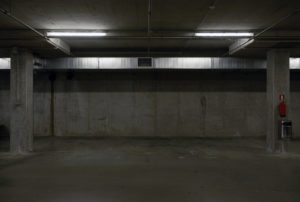An overworked HVAC system will cost you in higher energy costs and repair bills. These situations might help you discover if your system is working harder and costing you more than it should.
It runs in brief spurts.
Few things harm a central air conditioner more than short running cycles. The frequent starts stress all the parts, but the compressor and the motors bear most of the burden. When A/C equipment first starts up, it requires a lot of electricity to run.
The frequent bursts of electricity wear these parts out faster. They use more energy and will fail faster. To avoid equipment that runs in short cycles, insist on having a load calculation performed on your home before you install new HVAC equipment. Oversized systems are not better when it comes to cooling and heating equipment.
Filter changes are infrequent.
Running your system with a clogged air filter will overwork it. The airflow slows through the air handler and the ductwork. As a consequence, it takes longer to cool your home, which increases the wear and tear on all its parts.
Running it with low airflow often causes the coil inside the air handler to freeze. If your system continues to run, it could burn the compressor out, which is the A/C’s most expensive part.
Your electric bills are high.
Steadily rising energy consumption often indicates an overworked system. If you’ve eliminated obvious causes like ductwork leaks or a dirty air filter, your system may be showing the signs of an overworked HVAC system.
It requires frequent repairs.
If it seems like your system needs repairing often, it may be overworked. While oversized equipment is the primary cause of system problems, the opposite might contribute as well. If it’s too small for your home, it will have to run in cycles longer than the manufacturer intended, which will shorten its lifetime.
The experts at Air Assurance can help you discover if you have an overworked HVAC system to help you avoid excessive energy and repair costs. We provide trusted HVAC services for homeowners in the Broken Arrow area.
Our goal is to help educate our customers in the Tulsa and Broken Arrow, Oklahoma area about energy and home comfort issues (specific to HVAC systems). For more information about other HVAC topics, call us at 918-217-8273.









